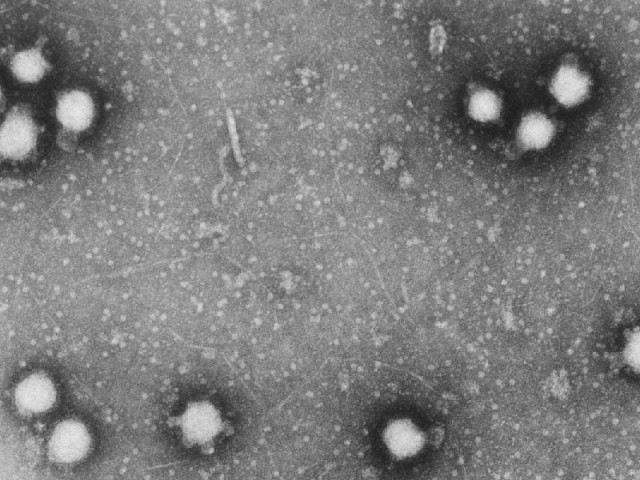Congo virus exposes gaps in healthcare
Balochistan grapples with its vulnerabilities

The inadequacy of standard Intensive Care Units (ICUs) and Polymerase Chain Reaction (PCR) laboratories, coupled with a deficient scientific approach in addressing epidemics, poses a significant risk to the residents of Balochistan.
Thousands are left vulnerable to deadly pandemics, as evidenced by the recent outbreak of Crimean-Congo Haemorrhagic Fever (CCHF) virus.
Scientific methodologies such as Infection Prevention and Control (IPC) and Antimicrobial Resistance (AMR) have yet to be fully implemented, contributing to the recent spread of CCHF. The healthcare staff, including doctors, nurses, and paramedics, falls short of international treatment standards, leading to fatalities and necessitating patient transfers to Karachi hospitals.
While the caretaker government’s prompt efforts yielded some positive outcomes in minimizing the epidemic risk, deficiencies in the health system persist. One doctor, a paramedic, and two civilians lost their lives in the recent CCHF outbreak, raising questions about the existing flaws within the health system and the urgent need for better adherence to global healthcare guidelines, particularly in combating AMR and pathogens.
Dr. Shahkoh, the focal person for the health department, acknowledged the timely response of the provincial government but highlighted instances of non-compliance with IPC approaches and the lack of essential health facilities that contributed to the spread of CCHF.
Read Second case of Congo virus detected in Karachi
The Independent Health Monitoring and Emergency Response Unit found that the sudden spread of CCHF occurred when a suspected patient in the Civil Hospital Quetta infected duty doctors and staff. The lack of globally acknowledged standard ICUs and PRC labs further deteriorated the situation, prompting the government to close down some hospital wards.
Dr. Arif, spokesman for the Young Doctors Association, emphasized the dire need for standard ICU and PRC labs in Balochistan hospitals, urging authorities to prioritize equipment installation over mere construction. Alleging rumors of commissions in building construction, he called upon the government to focus on installing equipment for better disease investigation.
Currently, Fatima Jinnah Hospital has a functioning PRC lab, but a project for 15 PRC labs initiated during the tenure of former Chief Minister Jam Kamal remains incomplete due to the employees’ services extension issue.
Health Department Spokesman Dr. Shahkoh assured that Chief Minister Ali Mardan Domki has issued directives for the extension of PRC lab employees, with the labs expected to be fully functional soon.
The recent Congo outbreak has brought to light the vulnerability of the healthcare system in Balochistan. Infection Prevention and Control (IPC) is a crucial aspect of managing infectious diseases, and its effective implementation is paramount. Unfortunately, gaps in IPC practices have been observed, contributing to the spread of diseases among healthcare practitioners.
Moreover, the lack of standard ICUs and PRC labs has been a longstanding issue, hindering the region’s ability to respond effectively to outbreaks. The closure of hospital wards due to these deficiencies further underscores the urgent need for comprehensive improvements in healthcare infrastructure.
Published in The Express Tribune, December 4th, 2023.



















COMMENTS
Comments are moderated and generally will be posted if they are on-topic and not abusive.
For more information, please see our Comments FAQ